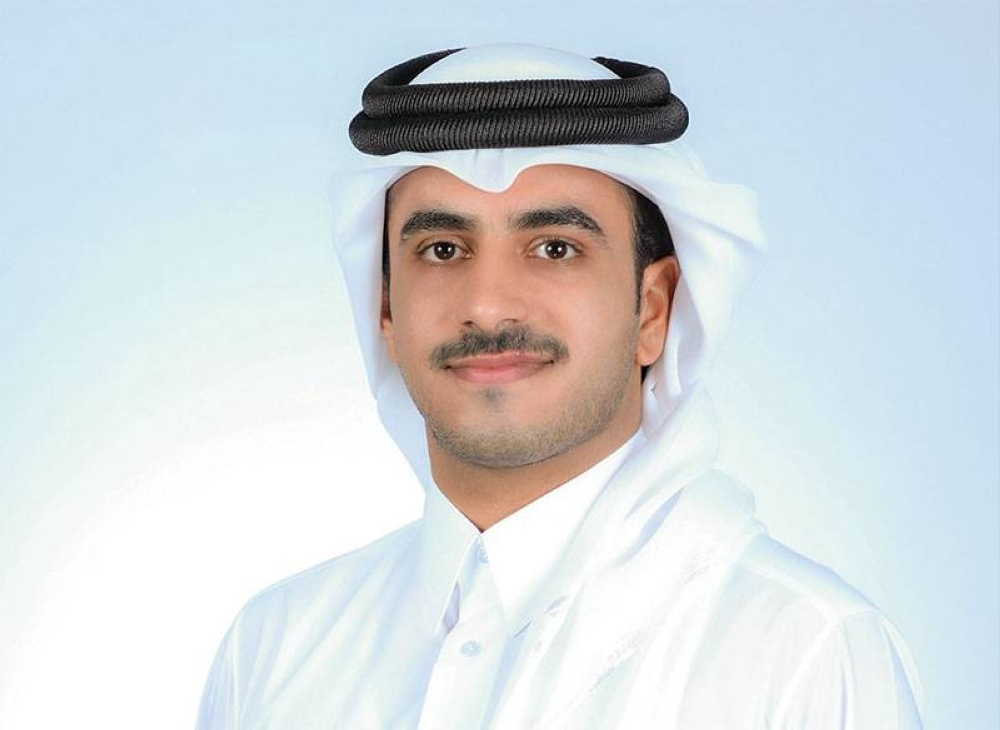Qatar stands out as a leading state in utilising soft power to achieve its political, economic, cultural, and security goals, working to enhance its international stature and political stability through policies that reduce tensions, organising global events such as the FIFA World Cup, and strengthening its media role through Al Jazeera network. Additionally, Qatar invests in education and scientific research to bolster its reputation as a leading educational centre for sustainable development. The motives for Qatar’s use of soft power vary and include:
- Enhancing its international standing to become an influential and active state by promoting its culture and heritage as a model of a modern Arab state open to the world.
- Achieving political stability through forging strategic alliances with other countries, enhancing regional co-operation, and promoting a culture of tolerance and understanding among various societal components.
- Qatar’s use of soft power is not limited to political and cultural spheres but also plays a crucial role in its economic development. By leveraging its soft power, Qatar has successfully attracted foreign investments, enhanced trade exchanges with global nations, and contributed to the diversification of its economy. This multifaceted approach to soft power has been instrumental in achieving sustainable development within the country.
Furthermore, Qatar aims to promote its rich culture and heritage regionally and internationally by organising global cultural and artistic events and establishing Qatari cultural centres worldwide. It is worth noting that soft power has not been a new phenomenon in Qatar’s history; it has been present since the establishment of the Qatari state. In 1971, when Qatar declared its independence, the state witnessed significant economic, developmental, and cultural progress that persisted and diversified over subsequent decades. Recently, Qatar has hosted numerous global events, notably the FIFA World Cup Qatar 2022.
Qatar’s soft power strategy embodies a visionary and ambitious outlook, making it a role model in leveraging soft power to achieve political, economic, cultural, and security objectives. Thanks to this strategy, Qatar has solidified its international standing as a leading state, effectively contributing to world peace and stability. In conclusion, Qatar relies on soft power to enhance its international standing, achieve political stability, and focus on economic development and resource diversification for growth and sustainability. Qatar also aims to bolster education and culture to advance knowledge and build human capabilities. It utilises soft power to achieve national security and form alliances to address regional challenges, reflecting its vision of building a solid and advanced society capable of positively influencing the international arena.
- Sheikh Mohammed bin Thamer al-Thani, a Qatar University graduate, is majoring in International Affairs. He’s the class valedictorian of 2024 Qatar University graduation.

